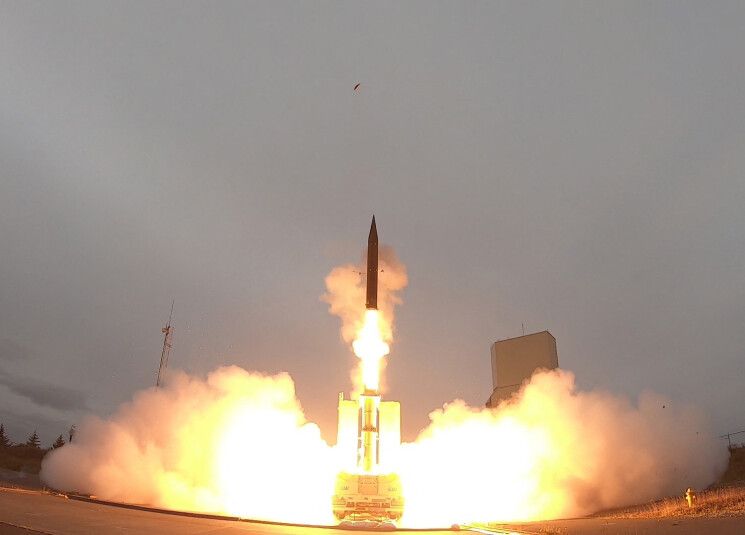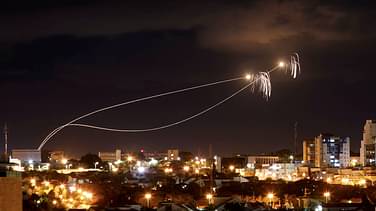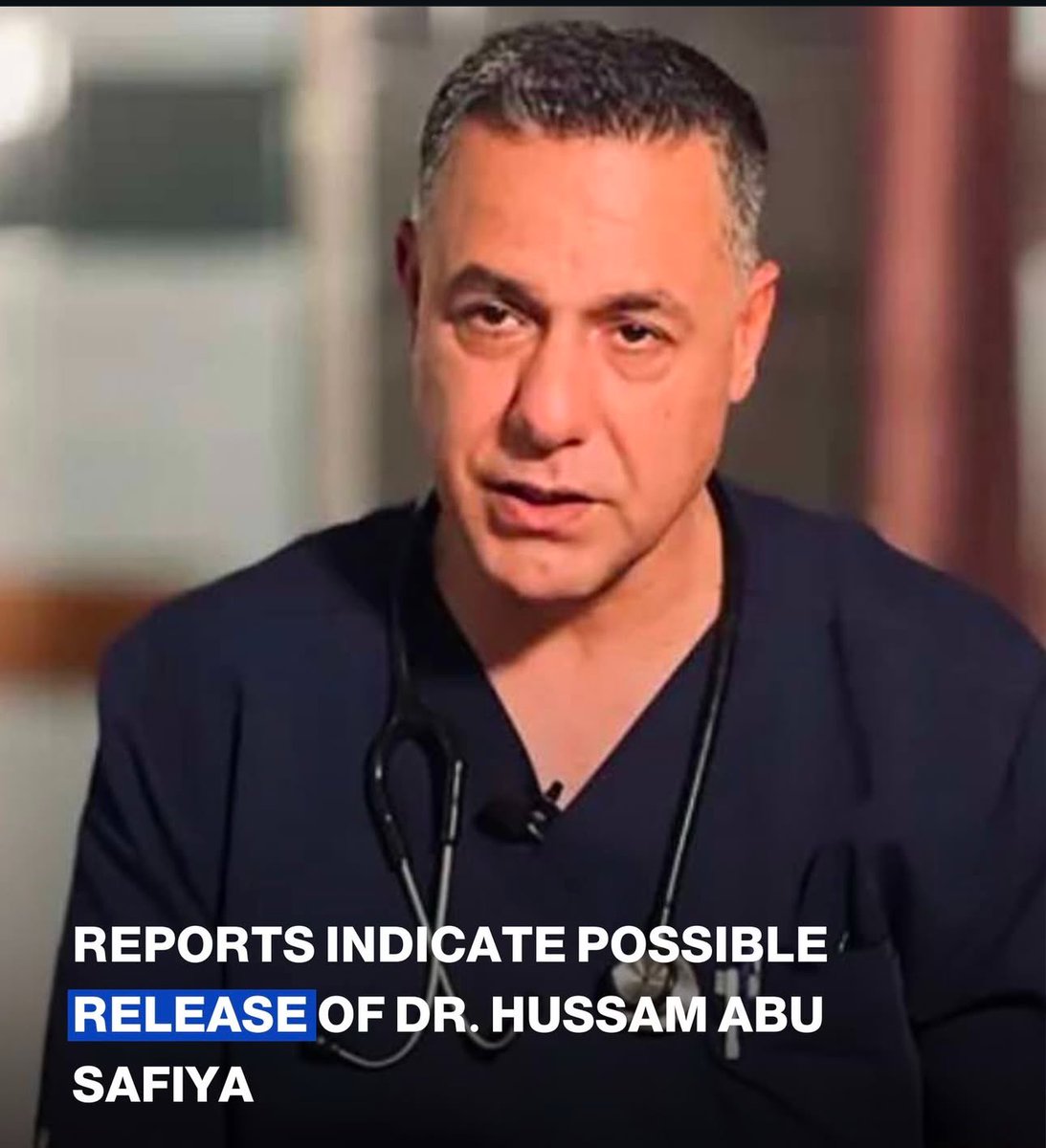Yemeni Tel Aviv Ballistic Shocks Israeli Psychology
Dr Marwan Asmar
The Israeli government and army are in a shocked mood, Sunday morning, over the ballistic missile, all the way from Yemen – that landed in the east of Tel Aviv and just six kilometers from Ben Gurion Airport.
The defense missiles, some the best in the Israeli military, including the Iron Dome, the Arrow and David’s Sling, saw the route of the Hatem 2 ballistic missile but failed to intercept it as it crashed in the surrounding forest areas of Tel Aviv causing mass fires with its shrapnels reaching the airport and a train station on the outskirts of Modi’in in central Israel with reports of damage according to the Israeli Haaretz.
Social media video clips show a train was hit on a rail line with smoke billowing out of it with one suggesting it was a “direct hit to Israeli infrastructure” and that “Israel on fire.”
Shock psychology
The incoming surface-to-surface missile created havoc in the psychology of Israelis, most of whom were still asleep.
As they heard the sirens warnings triggered in all areas of the so-called Greater Tel Aviv, all Israelis – reported to be 2,365,000 by the Hadshot Bazman website – tried to get to the underground shelters as quickly as possible with nine people being injured as a result of the “stampede-like” situation and “crush” that happened for sirens started bellowing at 6 pm in the morning.
Israeli security expert Yossi Melman said the single Yemeni missile breached the entire layered defense system of Israel as the Yemen missile was able to bypass 22 defense posts and whose counter-missiles were unable to shoot the single ballistic down, and turning Israel’s top-dollars defense systems into a laughing stock.
Israeli media reports say the military has already opened an investigation into the missile but they point also this is the third Yemeni success whose ballistic missiles targeted Tel Aviv, Eilat and now the Ben Gurion Airport.
The Houthis are saying nothing can stop us now for continually targeting Israel until the war on Gaza is stopped.
The Yemenis are saying this is just the beginning.
The Yemeni Defense Minister and Chief of General Staff in Sanaa issued, Saturday, a stern warning to the “enemies of the nation and the evil trio of America, Britain, and Israel,” stating what is coming will be “harsher and more severe than anything they have faced in the past,” as reported in the almayadeen website.
Israeli Army Radio reported “the ballistic missile launched from Yemen traveled a distance of approximately 2,000 kilometers (1,243 miles), taking around 15 minutes of flight time according to Anadolu. Yet it was not detected in time. The Israeli army says it is investigating why.
But this is surely to be a psychological blow to the Israeli military which is already under intense pressure from Hezbollah trajectories from the north to stop the war that Israeli prime minister Benjamin Netanyahu refuses to.
Dr Marwan Asmar
E-mail: [email protected]












